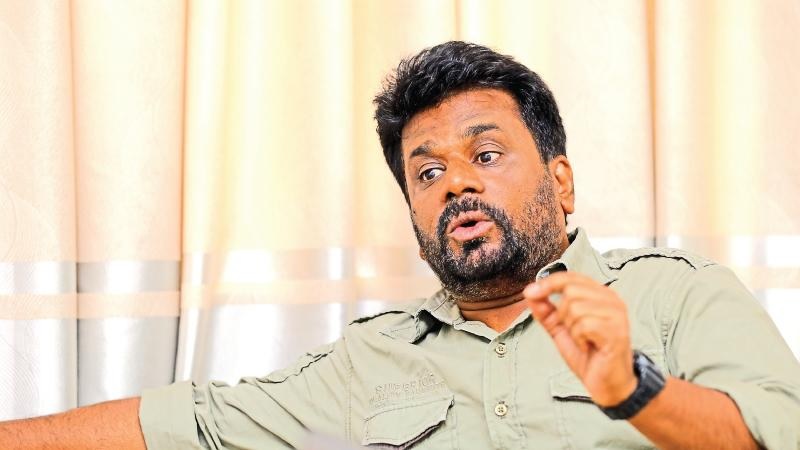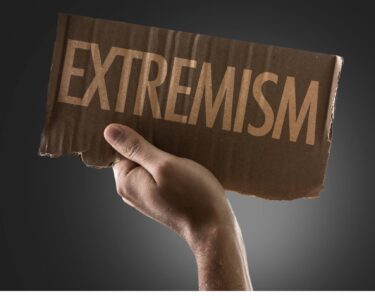
Sri Lanka is on the brink of a significant political transformation as it approaches its 9th presidential election on September 21, 2024. The rise of the Janatha Vimukthi Peramuna (JVP)-led National People’s Power (NPP), under the leadership of Anura Kumara Dissanayake, has given hope to many Sri Lankans who are disillusioned with the traditional political elite. As Prof. Saumya Liyanage articulates, Dissanayake’s emergence represents a critical shift away from the entrenched power structures that have dominated the country for decades.
The traditional elite families in Sri Lanka, who have governed the country since independence, are criticized for leading the nation into a state of economic crisis and widespread corruption. The recent collapse of Gotabaya Rajapaksa’s regime, catalyzed by the widespread Aragalaya protests, marks a turning point in Sri Lanka’s political landscape. These protests, fueled by the frustrations of the masses—particularly the youth, farmers, and civil society—highlighted the public’s growing discontent with the ruling elite. Liyanage notes that Gotabaya’s failure to govern effectively, despite his media-crafted image as a disciplinarian and strong administrator, exemplifies the broader failure of elite politics in Sri Lanka.
A Circle of the Elite

In the aftermath of Rajapaksa’s downfall, Ranil Wickremesinghe stepped in as his successor. However, Liyanage argues that Wickremesinghe represents a continuation of the same failed policies that have benefited a small circle of business elites while the broader population suffers. The NPP, under Dissanayake’s leadership, stands in stark contrast to this status quo, offering a platform that resonates with the common people. Dissanayake, a product of the country’s free education system, is viewed as a leader who understands the struggles of ordinary Sri Lankans, unlike his opponents who hail from privileged backgrounds.
The NPP’s focus on addressing pressing economic and social issues is central to its appeal. Dissanayake has promised to prioritize education, health, and food security, sectors that have been neglected by previous governments. Liyanage emphasizes that these areas are critical for lifting the majority of Sri Lankans out of poverty and despair, and they form the backbone of the NPP’s policy platform.
As the election approaches, Liyanage calls for a major political shift in Sri Lanka, urging voters to support Anura Kumara Dissanayake and the NPP. However, he also cautions that the struggle will not end with the election; the real challenge will be ensuring that the new government stays true to its promises and effectively implements its policies for the betterment of all Sri Lankans







